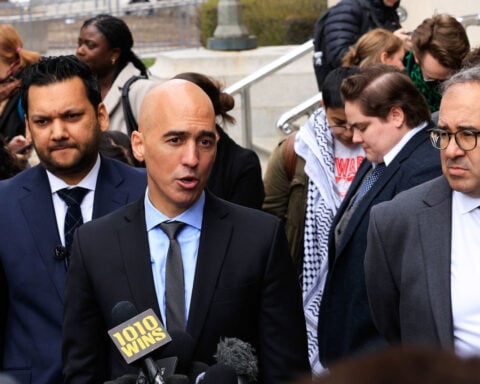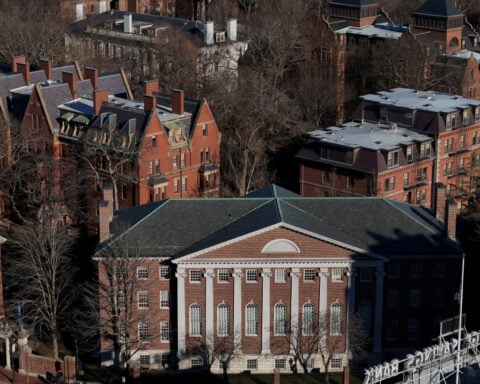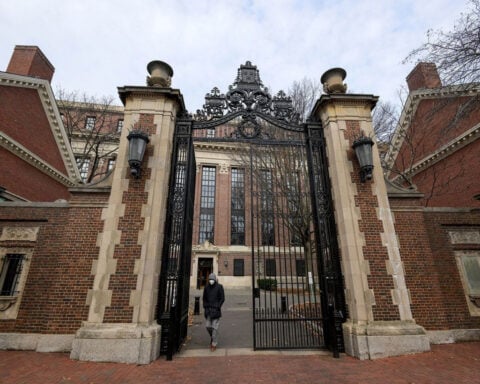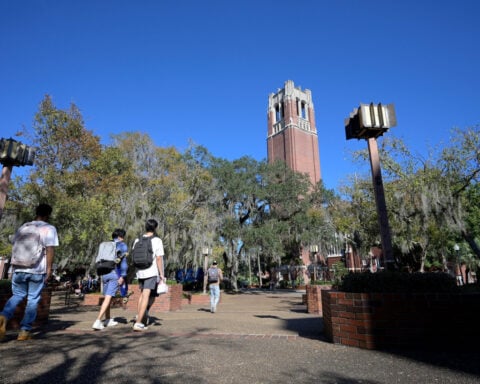New research reveals associate degree holders in specific lucrative fields like physical science technologies or radiation therapy out-earn the average bachelor's graduate just a few years after finishing cheaper, shorter two-year programs. Analysis by former Department of Education expert Michael Itzkowitz's HEA Group spotlights 17 specific majors where mid-career pay surpasses typical four-year degree incomes, defying stereotypes about vocational credentials' diminished value. Findings emphasize that college major factors as heavily as institutional prestige for many careers, informing cost-benefit calculations amid spiraling university tuition rates.
"With associate degrees, oftentimes the major matters more than the institution itself," Itzkowitz explained of the data showing specialized applied focus frequently conferring better salaries than generalized liberal arts or business BAs from top private colleges after graduation. "This shows that a college major is essential in terms of strict economic outcomes."
On average, the roughly 130 associate degree tracks examined yield about $42,000 annually four years post-commencement versus approximately $57,000 for bachelor's recipients - a sizeable gap, though not across all disciplines. By comparison, an English BA from Harvard won't financially outperform a nursing science Associate of Science from a community college despite vastly higher Ivy League costs. Earnings depend heavily on field-specific technical ability over academic study volume across most employment sectors.
This challenges middle-class conventional wisdom, championing four-year university immersion as an indispensable ticket to upper mobility. "The data shows other pathways exist besides traditionally prestigious bachelor's programs," Itzkowitz said. "A student focusing on nursing or dental hygiene at a fraction of elite college tuition can still enter California's upper-middle class lifestyle."
Itzkowitz's nonprofit assists students in navigating career training options using detailed aggregated outcomes statistics - dispelling assumptions through objective data transparency. For example, dental assistant certificates requiring less than nine months of coursework secure California salaries higher than three-quarters of four-year college majors six years from graduation. "You don't necessarily give up substantial earning potential just because you choose a shorter-term or vocational education path," he emphasized.
But bachelor's advocates counter that analysis undervalues critical thinking, exposure breadth, and social capital fostered through broader university study. "There are civic developmental aspects to the baccalaureate experience aside from career training," noted USC sociologist Dr. Shaun Harper, "like assuming leadership roles, refining philosophical worldviews, or weighing moral complexities."
Still, for financially strained workers seeking remunerative specialization, two-year degrees present faster, cheaper progress vectors into middle-class stability or better via targeted career stepping stones. And the highest associate degree earners thoroughly best overall bachelor's recipient averages. Here the top five according to HEA Group's College Transparency return on investment calculator:
- Physical Science Technologies (Santa Clarita, CA): $103,000
- Instrumentation Technologies (Lawrence Berkeley National Laboratory): $100,000
- Air Traffic Control (Western Dakota Technical Institute): $97,000
- Radiation Therapy (Santa Rosa Junior College): $95,000
- Dental Hygiene (Laney College): $92,000
Again nursing and technical science intensive applications lead, validating demand for highly skilled healthcare services. Cumulatively healthcare support roles claim over one-third of the 17 total associate majors exceeding four-year incomes mid-career. Most also derive from affordable California community colleges, furthering notions that competitive vocational training happens closer to home than overseas Ivy halls, contrary to previous generations.
But lifetime wage curves for bachelor's earners expectably overtake associate degree holders who hit peak salaries earlier before lagging at senior ranks as leadership options narrow. "We have concerns about social mobility ceilings for roles lacking advanced credentials that college opens up," said USC policy expert Kara Wilkins. "Corporate priority placements often target elite schools for recruiting lucrative managers."
Additionally, associate programs frequently link to physically taxing occupations with an earlier decline or burnout vulnerability - dental hygienists, radiation techs, and nurses log exhausting shifts. Lower-paying careers like firefighting or social work offer intangible psychic rewards offsetting moderate salaries but prove demanding long.
So holistic outcome appraisals understandably include more than near-term income totals. Debt burdens, personal priorities around leisure time, occupational viability past midlife, intrinsic job satisfaction, and access to workplace leadership are all factors for individuals weighing options.
Still, purely economic analysis clearly shows lucrative two-year degree fields exist, however, concentrated in healthcare services currently. Experts predict continued demand escalation and competitive vocational program evolution will likely expand this list as costs handicap expensive four-year paths. Strains on educational affordability and inclusive upward mobility drive the tradeoff calculus.
Critically, Itzkowitz designed his College Transparency web portal offering personalized scorecards assessing specific majors across institutions using custom criteria like geography, costs, and salaries to inform better decisions. School counselors applaud presenting uncensored data to students traditionally steered towards generalized degrees on institutional prestige grounds rather than supportive financial outcomes.
Early intervention also helps identify high-value skills gaps. Political leaders like Governor Gavin Newsom now push community colleges to expand modules precisely targeting such lucrative vocational areas. His proposed California Jobs Initiative would grow career-specific education funding in healthcare, climate action, and emerging tech specialties where demand is unmet by current bachelor's trends. Public-private partnerships around vocational training for good-paying jobs also address social mobility and student support.
But equality advocates warn many overlooked groups lack exposure to prosperous professional pipelines outside traditional collegiate routes. Underrepresented minorities, first-generation degree seekers, low-income households, and English second-language families all gravitate less towards potentially advantageous STEM trades or technical certification channels.
"We need pathways introducing diverse California youth simultaneously to college but also apprenticeships, union memberships, job training fresh out of high school," said State Senator Maria Durazo. "Then they realize high-wage vocational careers exist leading to the middle class regardless of university."
Outreach efforts highlighting lucrative alternatives like Associate RN tracks with guaranteed employer residencies after graduation work to demystify career education choices. Partnerships with K-12 districts and local industry help align opportunities to community needs while redirecting students at risk of four-year attrition towards increased support.
California's extensive community college system at the forefront of national vocational evolution plays a unique access role. Los Angeles Mission College Dean of Instruction Dr. Justin Gore praised rising enrollment in allied health programs as "creating life-changing skills and real-living wages for graduates regardless of previous opportunities that dangling university dreams never realize."
Compelling data ultimately empowers choices. When traditional pathways no longer promise accessible returns, understanding expanded options gains import. Though no conclusions should declare ultimate winners, the value in presenting earners of Sterling College's Dental Assistant certificate (California median $76,000) next to Brown University history bachelor's ($55,000) candidly is that access to information determines futures.
The information increasingly shows high-value technical associate majors enabling upwardly mobile livelihoods beyond generalist academics. "The numbers indicate college major factors heavily in benefiting from degree investment long-term," Itzkowitz concluded. "All evidence signals accurately weighing preferences and customizing education-to-career data critical moving forward."

 Trump has begun another trade war. Here's a timeline of how we got here
Trump has begun another trade war. Here's a timeline of how we got here
 Canada's leader laments lost friendship with US in town that sheltered stranded Americans after 9/11
Canada's leader laments lost friendship with US in town that sheltered stranded Americans after 9/11
 Chinese EV giant BYD's fourth-quarter profit leaps 73%
Chinese EV giant BYD's fourth-quarter profit leaps 73%
 You're an American in another land? Prepare to talk about the why and how of Trump 2.0
You're an American in another land? Prepare to talk about the why and how of Trump 2.0
 Chalk talk: Star power, top teams and No. 5 seeds headline the women's March Madness Sweet 16
Chalk talk: Star power, top teams and No. 5 seeds headline the women's March Madness Sweet 16
 Purdue returns to Sweet 16 with 76-62 win over McNeese in March Madness
Purdue returns to Sweet 16 with 76-62 win over McNeese in March Madness








